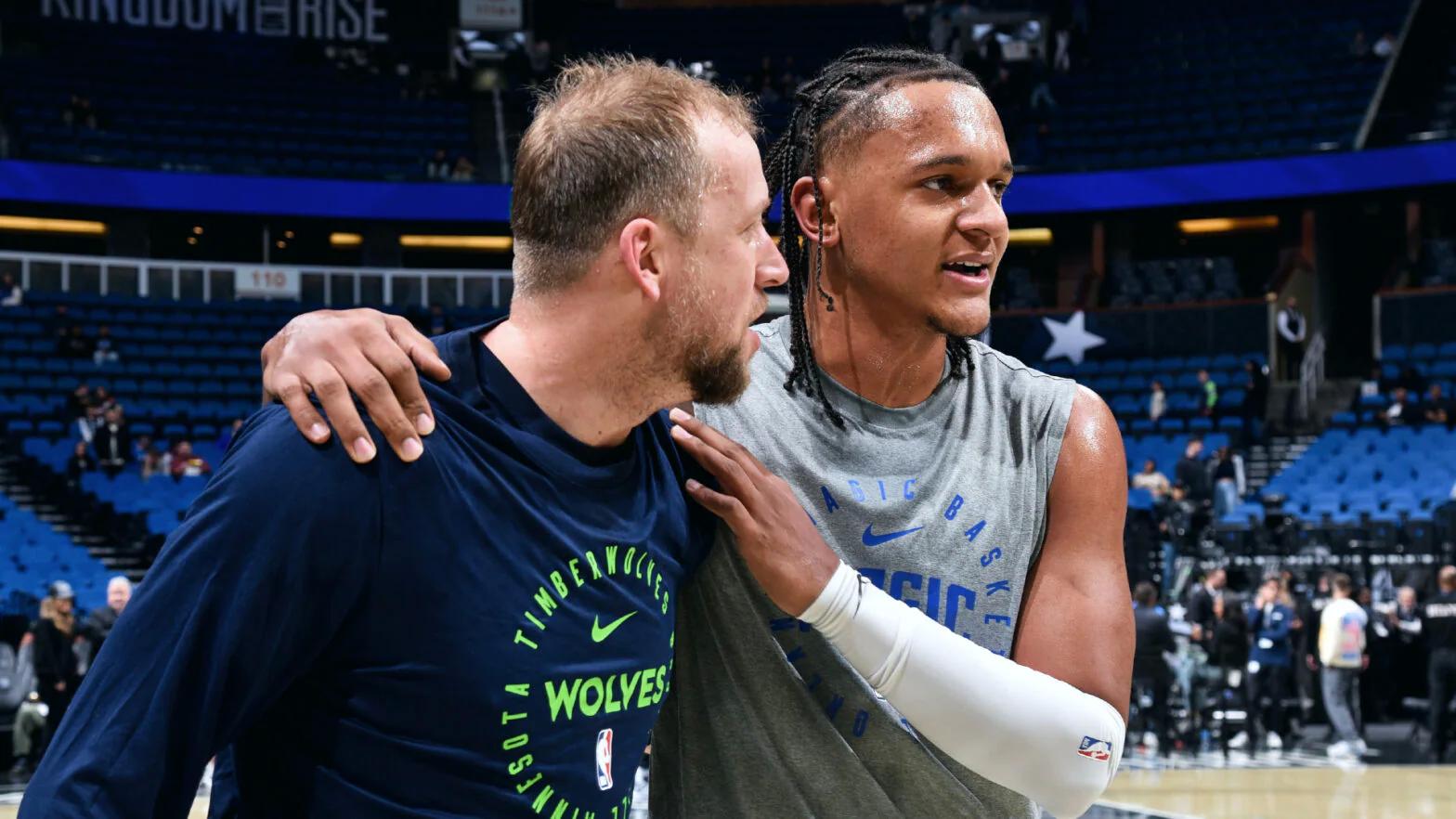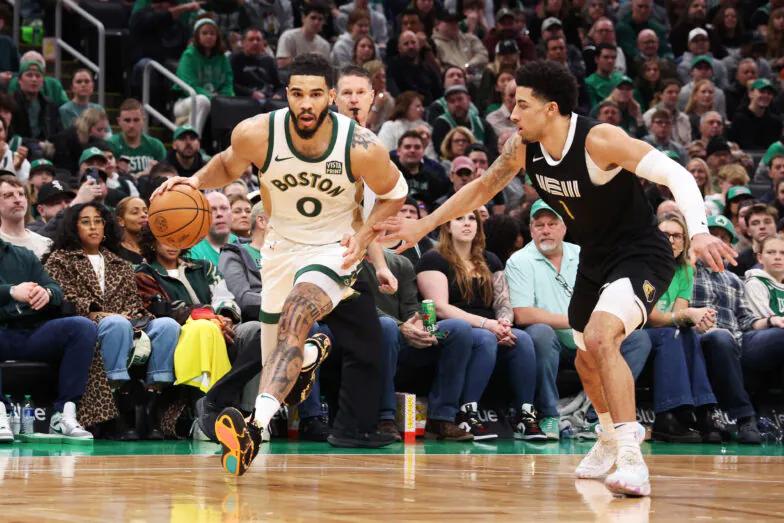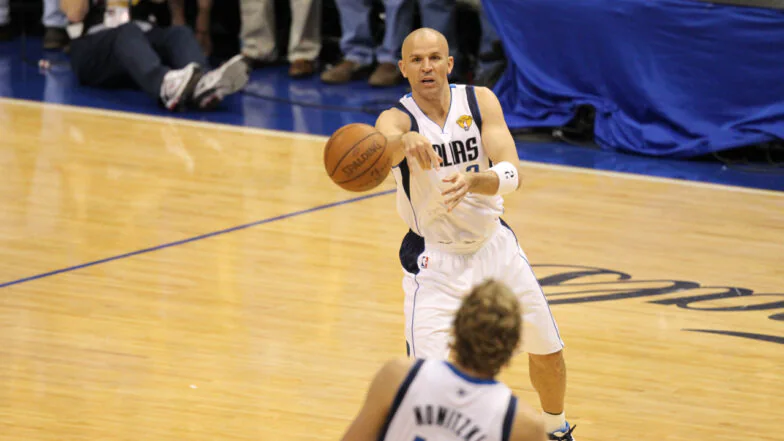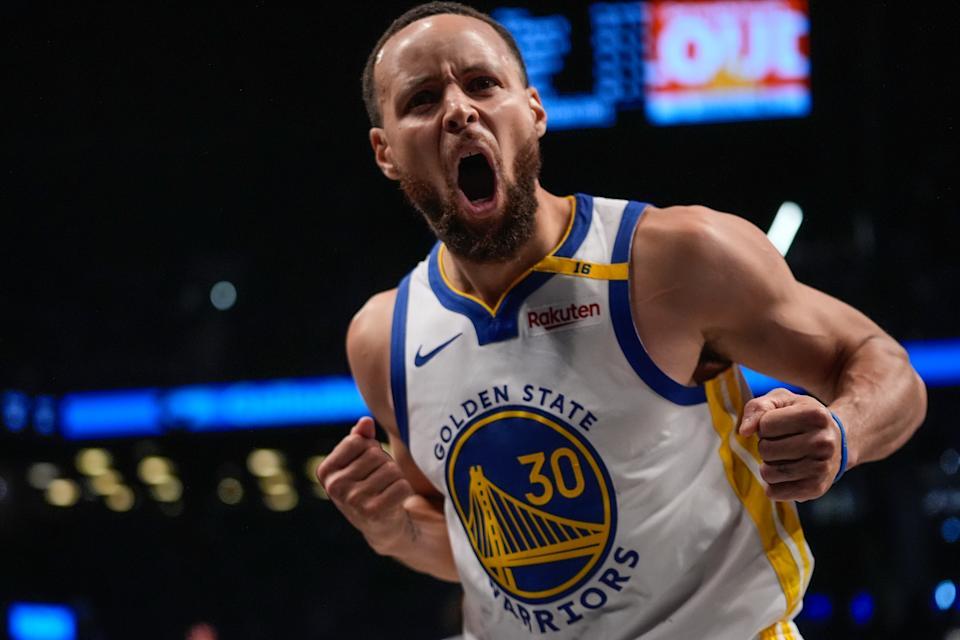Yahoo Sports: All the latest in sports news and updates
Do you recall a time when the NBA's Most Improved Player Award was bestowed upon rising stars who exceeded expectations, rather than being merely handed to the predicted future superstars?
The element of surprise and adulation played strong roles in making the award mean something. It felt like a much-needed break for the little guy.
Alas, the award has changed and likely forever. Darrell Armstrong (the 1998-99 MIP) ain't walking through that door anymore. Even if he did, he'd have to settle with a small pat on the backside, while the actual hardware would go to some high lottery pick about the enter his third season, or a player who broke out the year before and isn't much of a surprise taking yet another leap.
That said, just because voting media members ignore the hardworking players who spend years cracking a rotation, it doesn't mean we have to.
Let's go hunting for the next Darrell Armstrong, shall we?
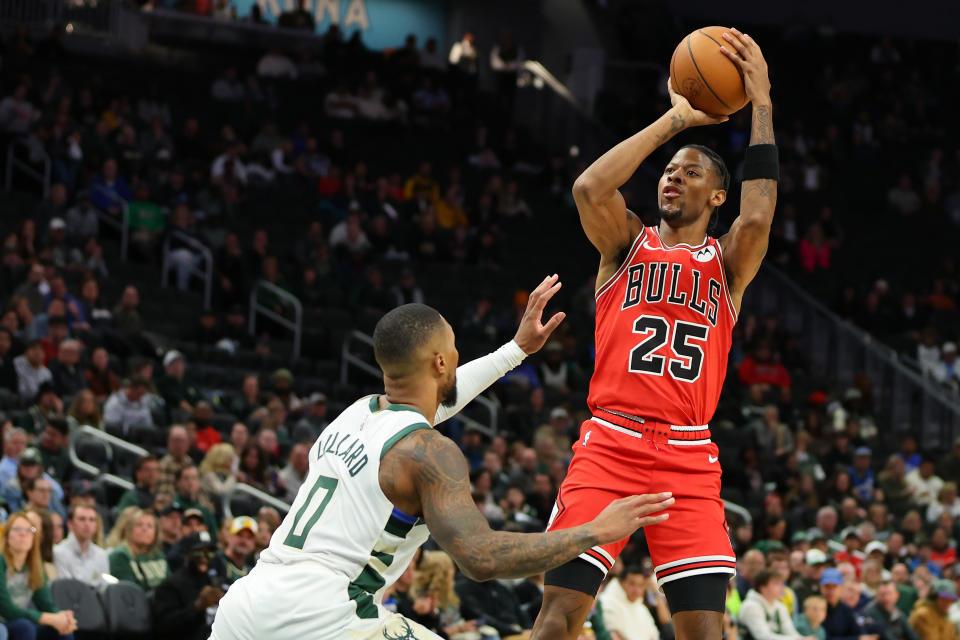
It's practically impossible to not be impressed by Smith's line last season as a Pacer. His averages of 9.9 points and 5.5 rebounds might sound pedestrian, but he gathered those digits in just 17.2 minutes per game and did so on efficiency so high, you'd think he stole the basketball from "Space Jam" and tricked Kevin Durant into touching it.
He shot 59.2% from the field and 42.4% from downtown, and posted an absolutely mesmerizing 68.2% true shooting for the whole season.
If just 80% of that production and efficiency are able to get scaled up to, say, 30 minutes per game, then we're looking at a player on the edge of All-Star consideration.
The Bulls stole him from the Pacers on a laughably cheap contract, paying the 6-foot-10 forward/center just $27 million over three seasons. His market, evidently, was not much of a believer in the consistency of his production.
That's good news for us, as his lack of attention and contractual value only improves his candidacy as someone flying far below the radar.
Vasilije Micić, Charlotte HornetsWill every single Serbian reader and Euroleague fan please sit down?
Yes, Micić is outstanding. He's a former Euroleague MVP and one of the most decorated international players in the world. If he were to retire tomorrow, there's an easy case to be made that he deserves a spot in the Hall Of Fame.
But this is the NBA, where he's yet to make his mark. He was stuck on a positively loaded Oklahoma City squad last season and was moved in a trade-deadline deal to Charlotte, a place only on the national radar if you use the Hubble telescope.
Here's a potentially controversial take: Micić is probably a better point guard than LaMelo Ball, emphasis on position and not talent. The 30-year-old has seen it all, plays under control, balances shot-taking with playmaking and remains one of the most potent leaders at the position in the world.
While he's bound to the bench, in the form of Ball's backup, it's difficult to imagine he won't get to see extended minutes when you consider Ball has played just 58 total games over the past two seasons. Plus, there's the element of Micić offering a level of steady stability and restraint, which hasn't always been there for Ball.
To basketball sickos, mentioning Micić in this context is grounds for uproar. But given that he's the backup point guard on one of the league's least interesting teams, you can easily argue he fits the criteria.
Trendon Watford, Brooklyn NetsFor the sake of full transparency, this writer named Watford as his personal choice for MIP this season, which is likely to end up as as a dice roll of pure foolishness.
And yet, there's a path for the now fourth-year forward to break out. He's been historically stable, offering quality efficiency, including from long range. There's an interesting defensive component to him, just as he's a solid rebounder and ball-mover at the big position.
The 23-year-old has never truly been given a chance to flourish, being limited to 16.8 minutes in his career. But given that his career has now spanned 173 games and he's consistently stringing together seasons with the same DNA, it's difficult to argue against him.
There is something there, be that his grab-and-go ability, his overall sense of reading the floor or his scoring prowess that saw an uptick last season.
Of course, the challenge for him is to win minutes on a team that features Cam Johnson, Dorian Finney-Smith, Noah Clowney and Nic Claxton. But with a first-year head coach in Jordi Fernández, who will try to prove himself, it's not unreasonable to expect the young coach to opt for stability — something Watford does offer.
Julian Champagnie, San Antonio SpursWhile Champagnie is never likely to reach stardom, as he generally lacks a convincing all-around game, there's a real "star in his role" vibe about him, especially when it comes to the 3-point shot.
Champagnie is launching those bad boys, come hell or high water, with 68.9% of his shot attempts last season came from beyond the arc. And with a team that features Victor Wembanyama, leaning into optimal floor spacing is like buying Apple stock in 2007. It's just good timing.
What most seem to be unaware of with Champagnie is that he's 6-8 and quick to get his shot off. This isn't some undersized combo guard who needs to dribble 15 times before he can find daylight. No, this is someone with quality size and a consistently high and fast release point who can shoot immediately off the catch against most opponents.
Champagnie won't wow you with dribble moves, and you probably won't find your teenager hanging a picture of him in his room viciously dunking on Zach Edey. That's not his game.
But he'll play within a strict setting, where his job is streamlined, simplistic and enormously effective. For some, it's even scalable due to the nature of how they get their shots. Champagnie isn't likely to greatly fluctuate on the amount of catch-and-shoot 3s he'll get per game.
If nothing else, Champagnie's role acceptance — and level of execution — might even be more attractive to the Spurs' coaching staff than, say, Malaki Branham, who is looking for his shots all over the floor, with fleeting success.
RELATED STORIES


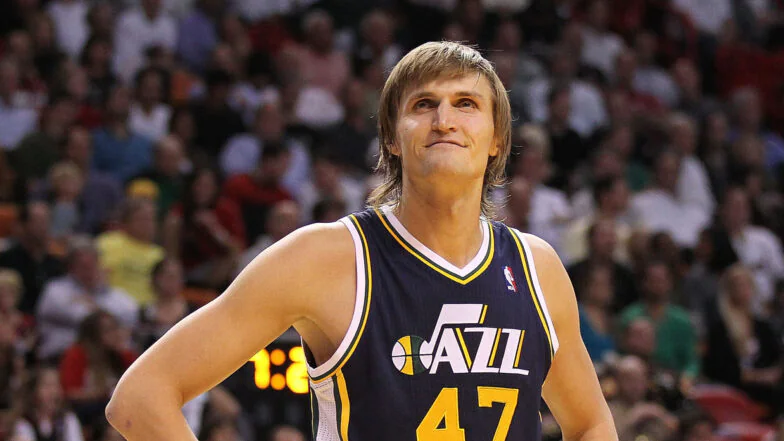

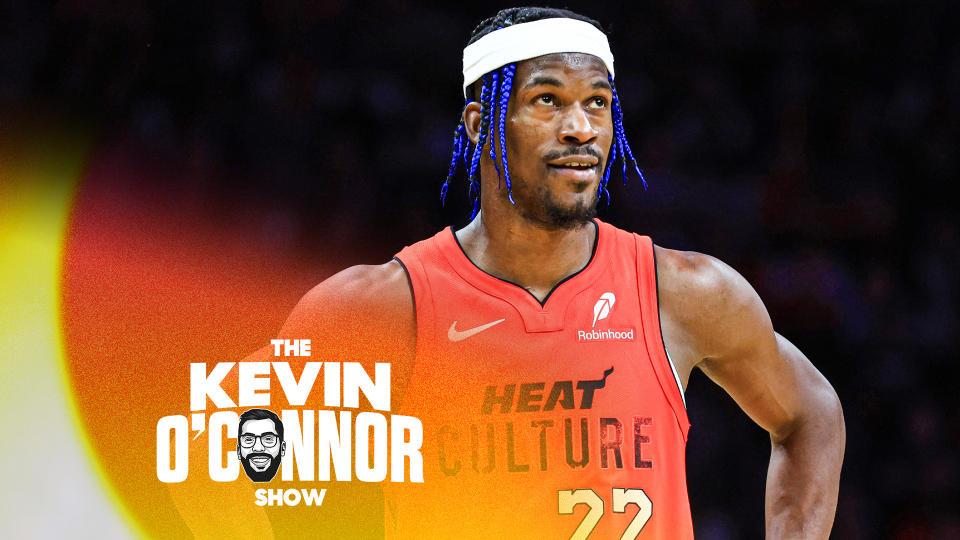

LATEST NEWS
